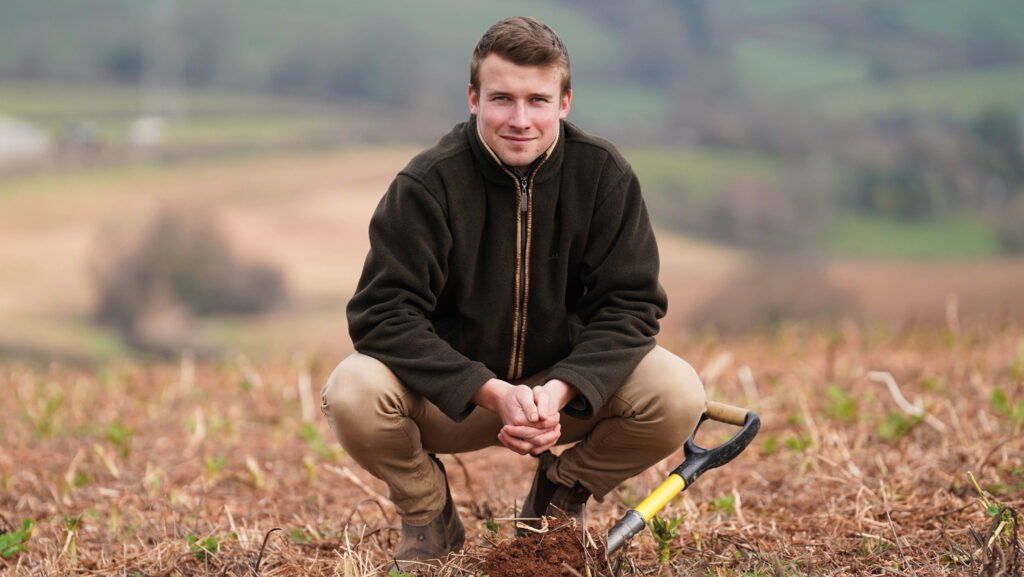Farmer Focus: Land preparation basics before high-tech kit
 Richard Harris © Emily Fleur
Richard Harris © Emily Fleur Wet, wet, wet. Certainly nothing too exciting going on out in the field at this stage of 2025, but crops are coping fairly well with the conditions.
Water is filtering away with only a bit of wash here and there.
More areas have appeared that need some drainage or ditches cleaning out, but we are pleased with the drainage we did last year.
It has certainly saved a few areas on the farm which would have otherwise been overwhelmed by now.
See also: Why managing winter rainfall on arable land matters
With the winter weather behaving like it has over the past few years, I think the return on investment from drainage/ditching is a much quicker payback than first thought.
Getting the basic farming principles in order is certainly the first step.
Although it’s quite exciting looking into all this fancy high-tech equipment and software, if you don’t get the basics right, it’s all a waste of time.
I’ve been asked to speak at a local farming event called Rootstock which is taking place in Exeter, Devon.
I’m presenting a few slides on our transition to “regen’” – a word I feel is being overused by most in the industry.
This got me thinking about the transition we had, and the basic principles we are still trying to master now, nine years on.
We’re getting closer, but not quite there yet with our five main objectives: minimal soil disturbance, continual soil cover, keeping living roots in the soil all year round, diversifying cropping and integrating livestock.
If we get these right, with our very basic machinery and technology setup, we should be able to hit a consistent 10t/ha of wheat, 9t/ha of barley and 2.5t/ha of linseed.
That will be plenty enough to keep us viable with our cost of production.
These extra gains from high-end technology and science are for the YEN boys and girls, who seem to have already mastered the basics of crop production and can really kick on to the next level with the fancy stuff.
So for now, we are going to keep concentrating on the basic principles, and make sure we can nail them to give us a solid platform to build on. Without them, we can’t move forward.


